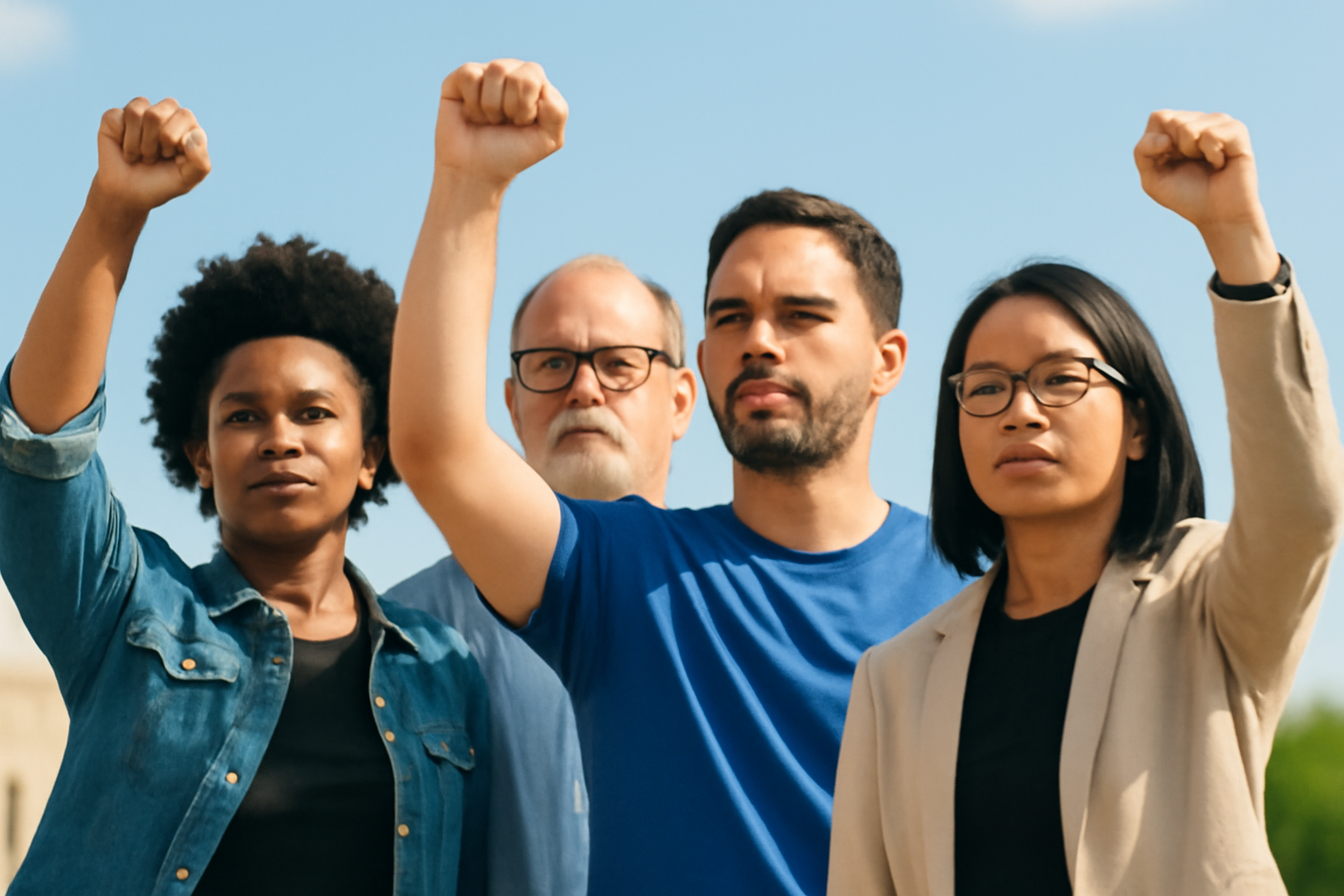
In recent times, there has been a growing alarm among civil rights advocates and community leaders regarding certain legislative and political actions perceived as attempts to undermine diversity, equity, and inclusion (DEI) efforts across the United States. Many have termed these actions as reminiscent of past discriminatory practices, drawing parallels to historical injustices that marginalized communities have fought hard to overcome.
As these developments unfold, leaders from various sectors, including education, business, and non-profit organizations, have committed to standing united against what they see as a rollback of progress made over the last few decades. This article explores the motivations behind these leaders' commitment, the implications of the current political landscape, and the strategies being employed to protect and advance DEI initiatives.
The Importance of Diversity, Equity, and Inclusion
Diversity, Equity, and Inclusion are more than just buzzwords; they represent a commitment to fostering environments where people of all backgrounds can thrive. DEI initiatives aim to create spaces that acknowledge and celebrate differences in race, gender, sexuality, ability, and other aspects of identity, promoting fairness and justice in various societal domains.
Historically, marginalized groups have faced systemic barriers that limit their opportunities and access to resources. DEI efforts work to dismantle these barriers, ensuring that everyone has a fair chance to succeed and contribute to society. This work is crucial not only for the individuals directly affected but also for the broader community, as diverse and inclusive environments tend to be more innovative, resilient, and prosperous.
Recent Challenges to DEI Efforts
Despite the clear benefits of DEI initiatives, there has been a noticeable pushback against these efforts in some political and legislative circles. Certain policies have been introduced that critics argue could significantly hinder the progress made in promoting diversity and equity.
For instance, some states have proposed legislation that restricts the teaching of critical race theory or curtails discussions on systemic racism and inequality in educational settings. Critics argue that such measures serve to whitewash history and ignore the complex realities of past and present racial dynamics.
Moreover, there are concerns about the potential rollbacks in workplace diversity programs. Some political leaders have expressed intentions to reduce funding or eliminate initiatives designed to increase representation of underrepresented groups in various sectors. Such actions could have damaging effects on efforts to create equitable work environments and reduce disparities in employment opportunities.
Community Response and Advocacy
In response to these challenges, civil rights leaders and community advocates are rallying to defend and advance DEI initiatives. They emphasize the importance of maintaining the momentum of progress and ensuring that the gains achieved are not reversed.
Organizations across the country are mobilizing to raise awareness about the importance of DEI and the dangers of regressive policies. Through educational campaigns, public demonstrations, and strategic litigation, these groups aim to inform the public and influence policymakers.
One of the key strategies involves building coalitions across different sectors and communities. By uniting diverse voices, advocates can amplify their message and demonstrate the widespread support for DEI initiatives. These coalitions are also working to develop comprehensive policy proposals that address the root causes of inequality and propose solutions that are grounded in equity and justice.
Additionally, there is a strong emphasis on storytelling and personal narratives. Sharing the lived experiences of individuals who have benefited from DEI programs helps to humanize the conversation and illustrate the tangible impacts of these efforts. These stories serve as powerful tools for advocacy and can help shift public perception and drive legislative change.
The Path Forward
While the challenges to diversity, equity, and inclusion initiatives are significant, the commitment of civil rights leaders and community advocates provides hope for the future. By continuing to push for policies that support DEI, and by holding those in power accountable, there is potential to not only protect existing progress but also to forge new paths toward a more inclusive society.
As the landscape of social justice continues to evolve, it is crucial that allies and advocates remain vigilant, adaptable, and united in their efforts. The fight for equality and justice is ongoing, and it requires the dedication and resilience of individuals and organizations committed to creating a world where everyone, regardless of their identity, has the opportunity to thrive.
Tags: civil rights, diversity, equity, inclusion, social justice
Related Posts
"Wicked": Unveiling Fiyero's Destiny - Hidden Clues You May Have Overlooked
Have you ever been swept away by a story that leaves you unraveling clues long after it ends? That's exactly what "Wicked" does with its enchanting narrative, unforgettable songs, and complex characters. Among them, Fiyero stands out as a charming prince whose surprising metamorphosis by curtain fall makes us wonder: were there hints about his fate scattered throughout? Let's dig deep and see if " [...]
Triumphant Trans Woman Wins Legal Battle and Inspires Others to Stand Up for Their Rights
Breaking new ground: a landmark victory in transgender rights After battling in courtrooms and enduring endless challenges, Diana Portillo, a transgender woman, has secured a monumental victory in her decade-long fight against workplace discrimination. The result? Nearly $1 million awarded in a historic settlement. But this isn't just a win on paper—it represents a powerful precedent in combati [...]
Pride Month in Latin America: Protests and Demands for Equality
**Celebrating Pride and advocating LGBTQ+ rights in Latin America** Pride Month in Latin America was a lively mix where celebration met activism. Communities united, not just throwing a party but making a stand—demanding equality and pushing governments toward better protection and rights recognition. Throughout Latin America, pride events erupted in marches and cultural displays, each with a c [...]